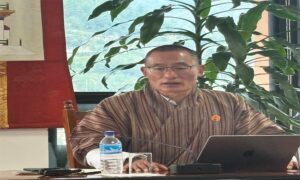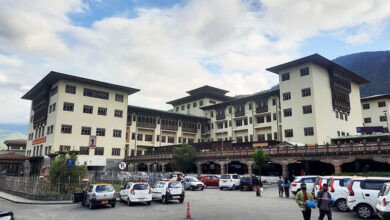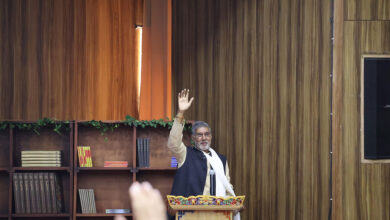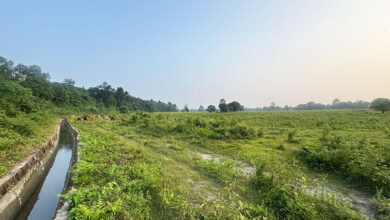Bhutan PM highlights economic growth as key to closing wage gap
During the 9th meet-the-press, Prime Minister Tshering Tobgay addressed the persistent wage gap between Bhutan’s public and private sectors, acknowledging that this disparity remains a challenge for economic equality.
He said that while salary alone cannot meet the needs of workers, bridging this gap was critical, and achieving it required robust economic development.
The Prime Minister identified Bhutan’s weak economy as a major driver of wage inequality and the resulting migration of workers seeking better opportunities abroad.
He noted that while disparities are expected in a developing nation, both the government and the private sector bear a shared responsibility to work toward a fairer economy.
Lyonchhen pointed out that in many cases, private sector employees earn less than their public sector counterparts, and emphasised that strengthening the economy is essential to reducing this gap.
According to him, Bhutan’s focus on economic development includes several key initiatives: the Economic Stimulus Plan (ESP), the13th Plan, expanded Foreign Direct Investment (FDI) initiatives, and a concerted push in tourism. Each of these measures, he explained, aims to provide broader economic benefits, especially in the private sector.
The Prime Minister acknowledged that implementing the ESP has encountered challenges but assured that necessary adjustments are underway based on feedback to support the private sector effectively. The 13th Plan is expected to drive growth, not only boosting the private sector but also supporting the nation’s long-term economic health.
FDI efforts are targeted toward high-potential sectors like hydropower and solar energy, poised to become pillars of Bhutan’s economic expansion. Furthermore, the tourism sector is expected to see considerable growth, with projections for increased international visitors over the next few years, bringing additional revenue and opportunities.
Together, these initiatives are intended to strengthen Bhutan’s economy, create new employment opportunities, and help narrow the public-private wage gap.
However, the Prime Minister underscored that sustainable economic growth remains imperative—not only to ensure progress but also to secure essential state functions, warning that without it, the government could struggle to meet even civil servants’ wage requirements.
The recent civil service salary hike, ranging from 55 to 74 percent on minimum basic pay, has brought wage disparity to the forefront once again.
While civil servants benefit from significant increases, private sector employees have received modest increments, raising concerns about inflation and the rising cost of living.





